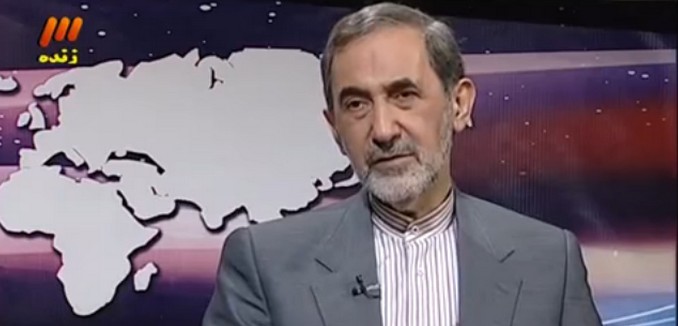Less than a week after the International Atomic Energy Agency revealed that Iran covertly operated an illicit nuclear weapons program as late as 2009, a senior Iranian official warned that reopening the investigation into the regime’s past nuclear activities would be equivalent to “welshing” on the nuclear deal, Iran’s Mehr news agency reported on Wednesday.
Ali Akbar Velayati, head of the Expediency Council’s Center for Strategic Research, declared that it would be unacceptable for the Western nations involved in the nuclear agreement to bring forth any new concerns regarding the possible military dimensions of Iran’s nuclear research.
While the IAEA’s investigation is not yet closed, the United States is pushing for the agency’s Board of Governors to shut Iran’s nuclear file. However, various non-proliferation experts have stressed that the investigation should remain open due to the troubling findings detailed in the IAEA report.
Emily Landau of the Institute for National Security Studies argued in an analysis for The Tower last week that the P5+1 nations should not let Iran’s nuclear history, which includes extensive illicit activities, be “whitewashed or ignored.” She added that the international community should push back against false Iranian claims of nuclear innocence, as “Iran actually has done wrong in the nuclear realm by working on a military nuclear capability for decades.”
An analysis written by the Institute for Science and International Security pointed out that the IAEA report was unable to address the full scope of the research carried by the regime at the Parchin military complex due to Iran’s stonewalling and “extensive sanitization activities” at the site, and emphasized that there was a need for a full accounting of that work before the investigation could be closed.
Olli Heinonen, the former deputy director general of the IAEA, wrote earlier this week that the agency’s findings on Iran’s past nuclear weapons development necessitated further investigation, as it would be impossible to verify Iran’s future compliance with the nuclear deal without establishing the extent of its covert programs.
[Photo: Ali Javid / YouTube ]




